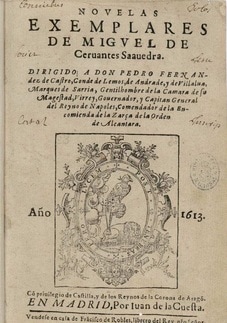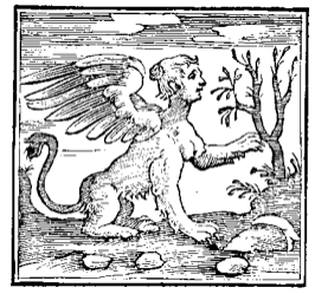Recent Courses
Please find course descriptions below. Click the images to access the course syllabi.
Graduate Seminar: Studies in Golden Age Spanish Literature
|
Wild Things of the Baroque: Staging Monstrosity in Early Modern Iberian TheaterThe object of this course is twofold. First, we will read important works of theater from the seventeenth century in order to understand more fully Spain’s literary history, while also furthering our knowledge of the cultural realities of Spanish society at the epicenter of its global empire. Furthermore, we will approach theatrical works that portray monsters of various types. In so doing, we will analyze the nature of monstrosity during the period, and compare it to our own, contemporary notions of monsters and their function in our society and worldview. You may be surprised by the similarities that you find, not to mention the entertainment value these works retain even for current audiences and readers. These types of comparisons improve our ability to view the world around us with a more critical eye, and to develop our ability to engage more responsibly as stewards of knowledge in a complex global society.
|
Site powered by Weebly. Managed by Namecheap

